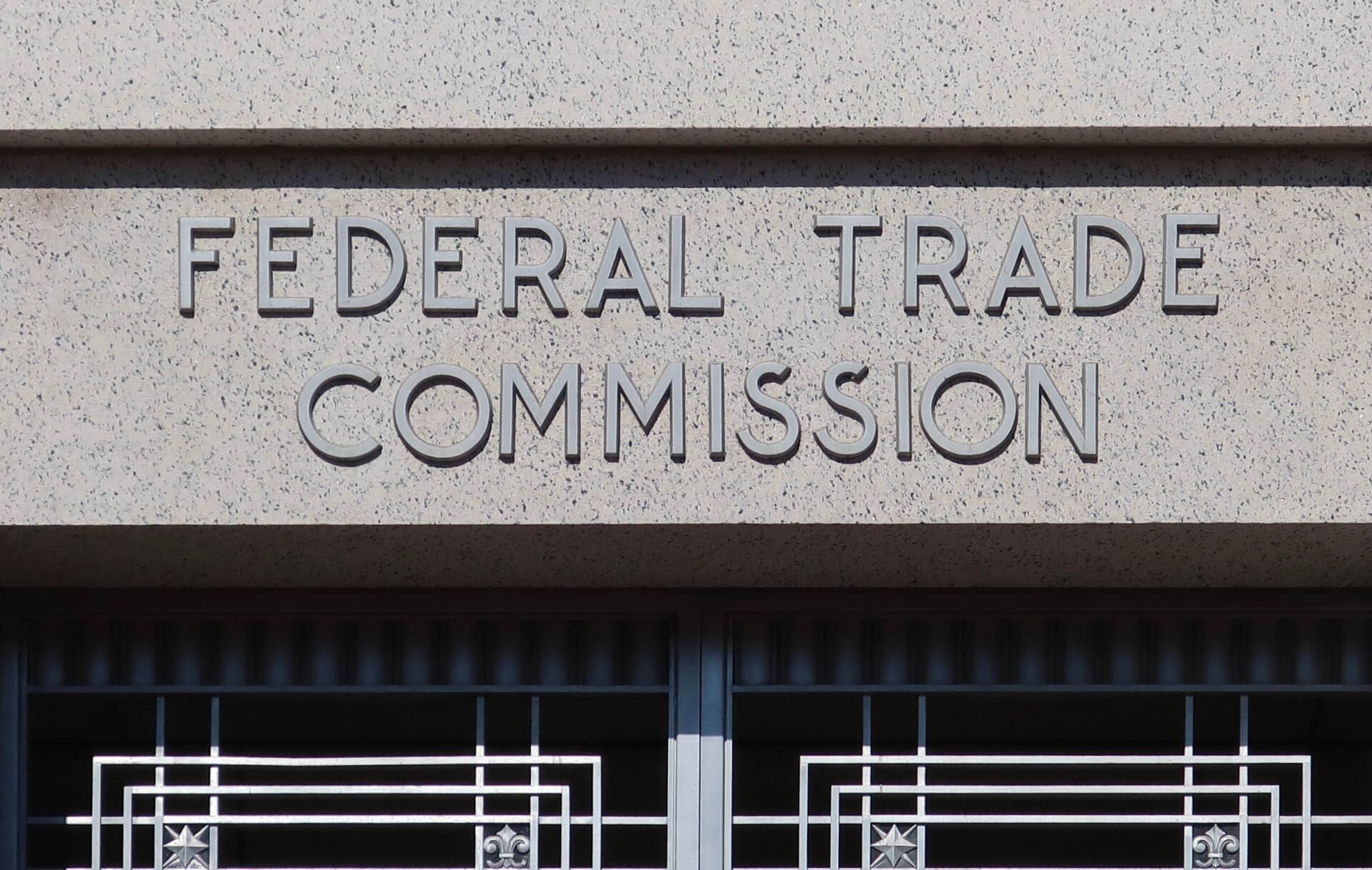
PESP supports amendments to FTC/DOJ merger guidelines
October 4, 2023
On July 19, 2023 the Federal Trade Commission and the Department of Justice released a draft update of the Merger Guidelines, which describe and guide the agencies’ review of mergers and acquisitions to determine compliance with federal antitrust laws. The goal of this update is to better reflect how the agencies determine a merger’s effect on competition in the modern economy and evaluate proposed mergers under the law. Both agencies encouraged the public to review the draft and provide feedback through a public comment period that ended on September 18, 2023.[1]
The draft guidelines build upon, expand, and clarify frameworks set out in previous versions. At the outset, the guidelines give an overview of thirteen principles that the agencies may use when determining whether a merger is unlawfully anticompetitive under the antitrust laws. These guidelines are not mutually exclusive, and a given merger may implicate multiple guidelines. The document then describes in greater depth the frameworks and tools that may be used when analyzing a merger with respect to each guideline.[2]
The thirteen guidelines are:
- Mergers should not significantly increase concentration in highly concentrated markets.
- Mergers should not eliminate substantial competition between firms.
- Mergers should not increase the risk of coordination.
- Mergers should not eliminate a potential entrant in a concentrated market.
- Mergers should not substantially lessen competition by creating a firm that controls products or services that its rivals may use to compete.
- Vertical mergers should not create market structures that foreclose competition.
- Mergers should not entrench or extend a dominant position.
- Mergers should not further a trend toward concentration.
- When a merger is part of a series of multiple acquisitions, the agencies may examine the whole series.
- When a merger involves a multi-sided platform, the agencies examine competition between platforms, on a platform, or to displace a platform.
- When a merger involves competing buyers, the agencies examine whether it may substantially lessen competition for workers or other sellers.
- When an acquisition involves partial ownership or minority interests, the agencies examine its impact on competition.
- Mergers should not otherwise substantially lessen competition or tend to create a monopoly.
PESP submitted a comment letter in support of the merger guideline amendments, writing that they would address many of the acquisition and consolidation practices that private equity firms employ that elude regulatory scrutiny.
For example, a common private equity investment strategy includes what are known as “roll-up mergers,” where investment firms use an initial platform company to acquire and consolidate smaller firms in a discrete market. Since the deal value of these individual acquisitions is usually much lower than the threshold requiring regulatory review, private equity firms have benefitted from loopholes that allow them to limit market competition in piecemeal fashion rather than through large transactions.[3]
The draft amendments address such practices by granting the FTC explicit authority to review a series of acquisitions if they relate to a merger under review, among other relevant guidelines.
Please read PESP’s comment letter here. If you have any questions about PESP’s comment letter, please contact PESP’s Policy Director, Chris Noble, at [email protected].
[1]https://www.ftc.gov/news-events/news/press-releases/2023/07/ftc-doj-seek-comment-draft-merger-guidelines
[2]Id.
[3]https://www.marketwatch.com/story/ftcs-khan-puts-private-equity-on-notice-that-roll-up-strategies-could-be-illegal-dcfd88b0
